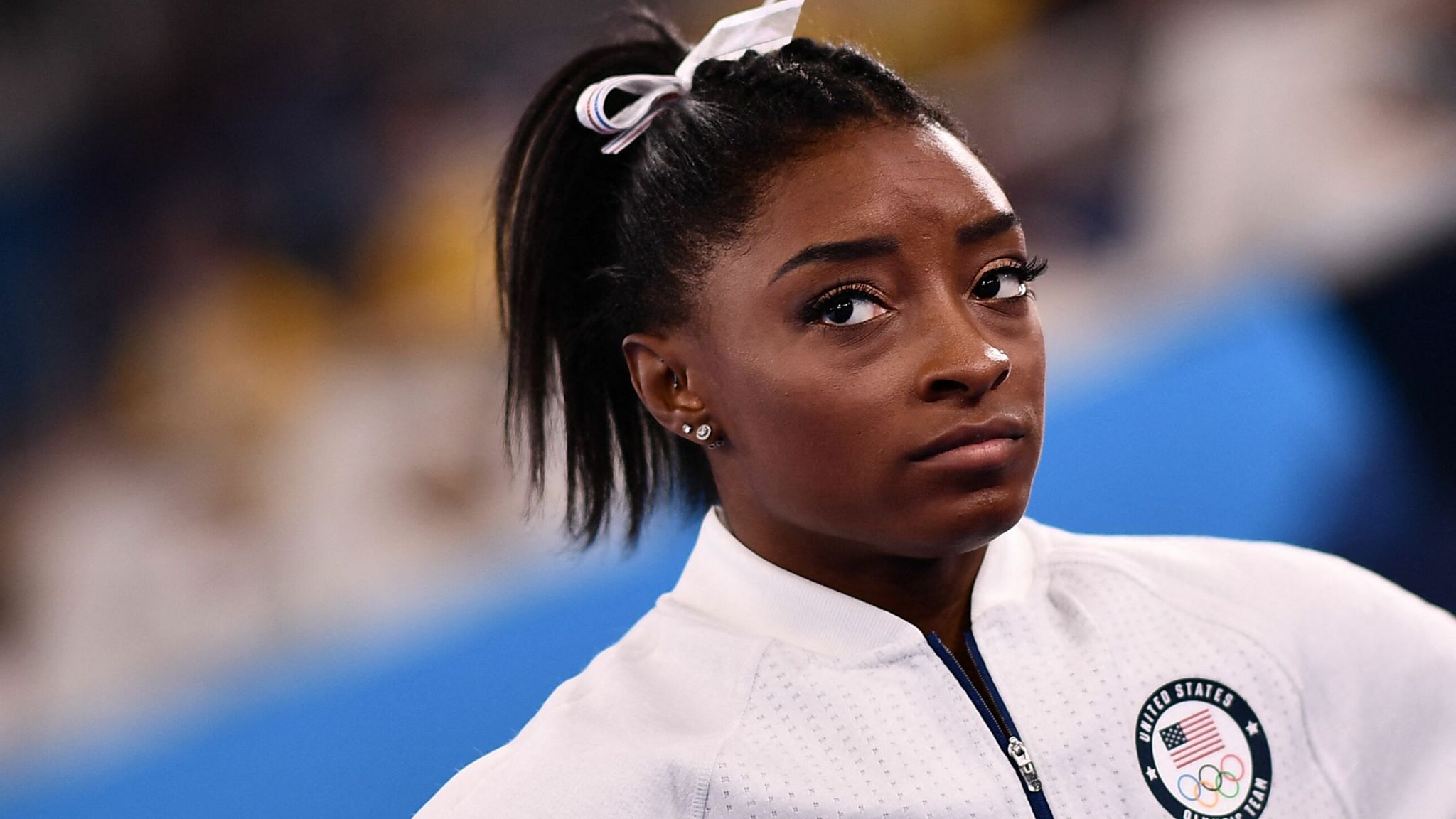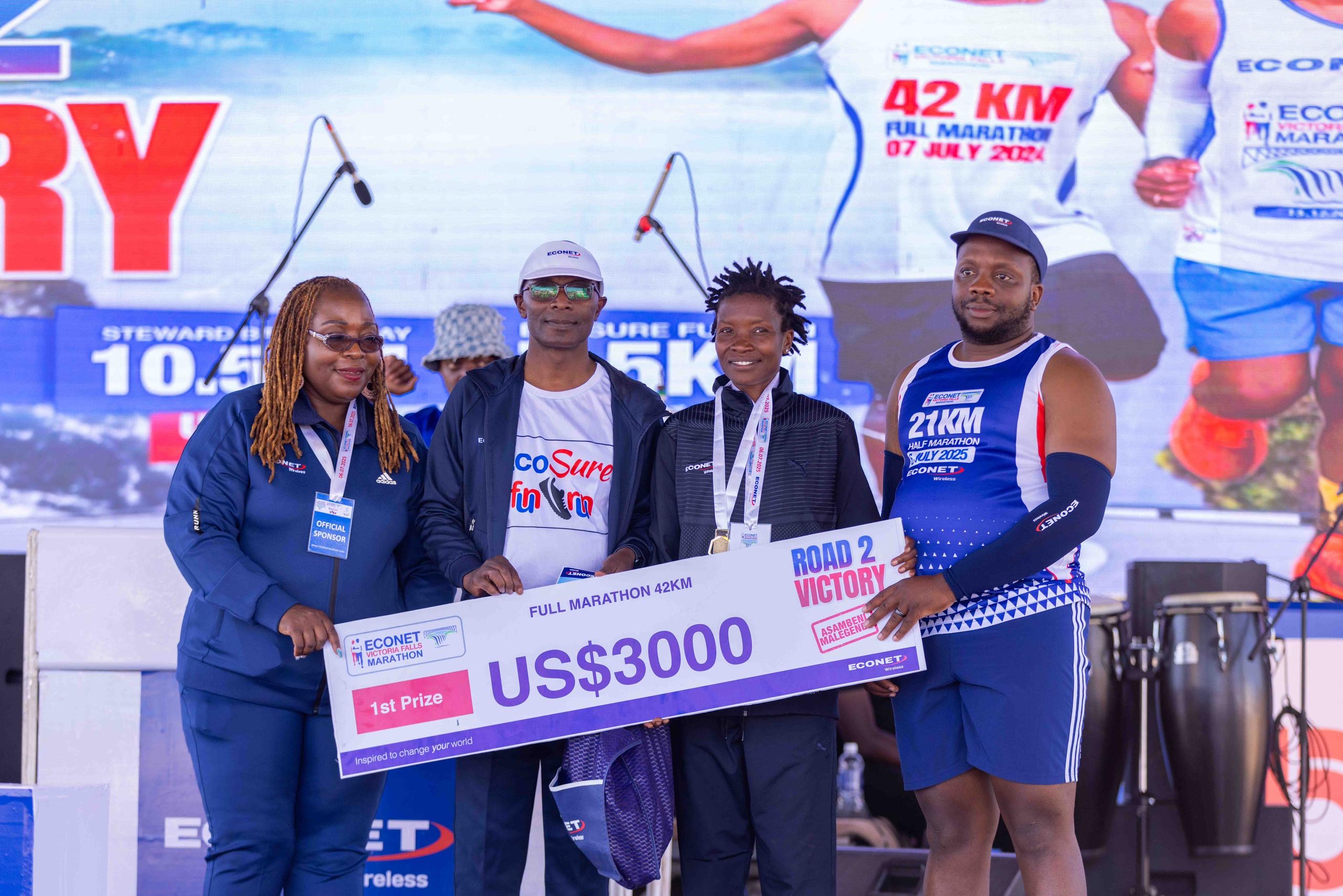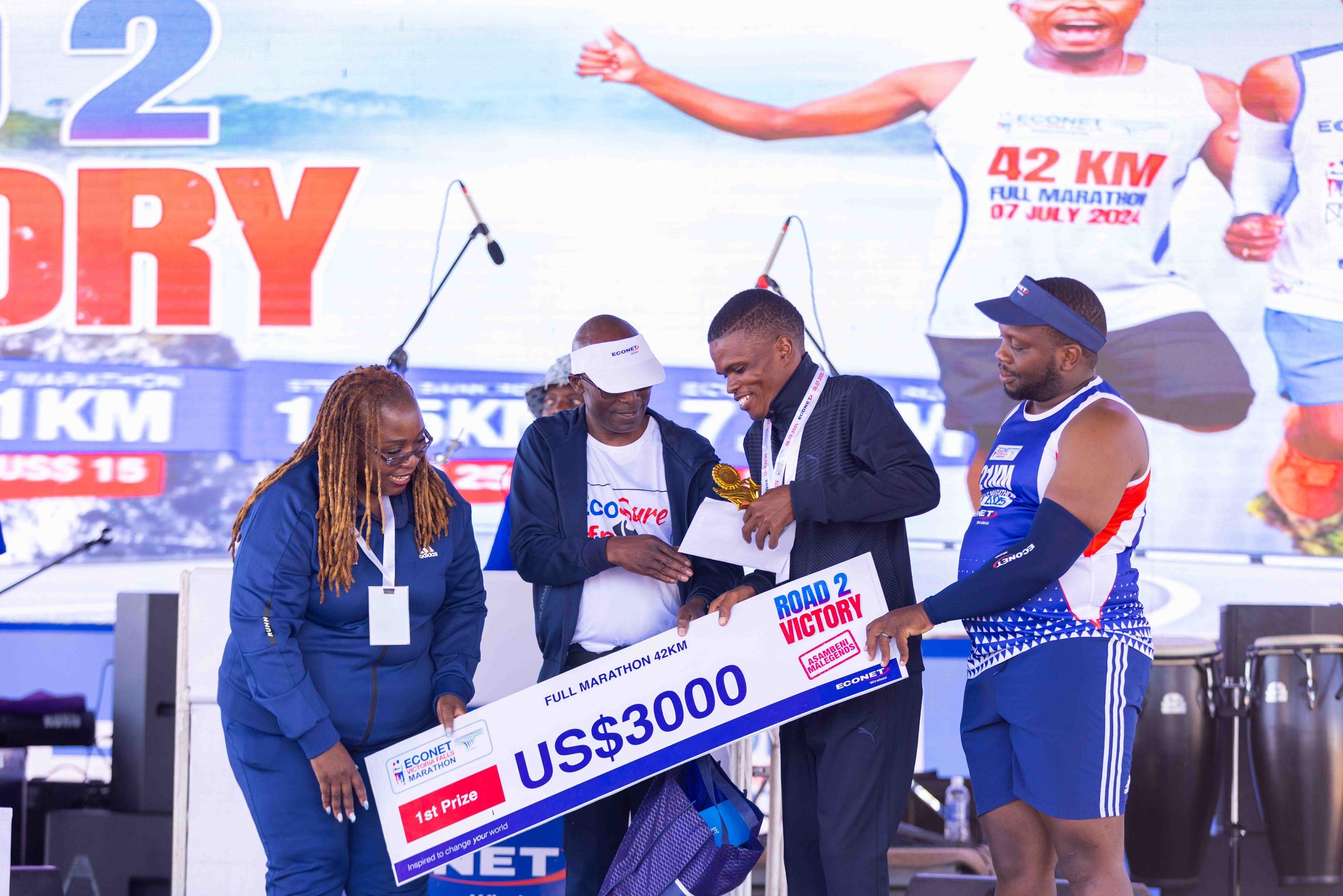BY FUNGAI MUDERERE
Highlanders Football Club chief executive officer Sihlangu Dlodlo has died.
According to The Chronicle newspaper, he was found dead at his Nketa 9 home in Bulawayo Monday evening, one of his close friends, Allan “Ripper” Mpofu, confirmed last night.
Dlodlo’s body was discovered after close associates forced entry into his premises.
He had not been seen since Saturday.
“It seems like my friend passed on over the weekend. He was alone at his place,” said a shaken Mpofu with sobs.
“After the alarm was raised that he had gone missing, with the help of his relatives we had to force open the gate at his place to gain entry.
“After peeping through the window, I could not believe my eyes. I saw the lifeless body of my close friend. This is so disheartening; it’s really sad.
“We discovered this around 6.45pm. I cannot speak further because I have to respect his (Sihlangu) family.”
Highlanders chairman Kenneth Mhlophe said Sihlangu’s death was a huge loss to the Bosso family and that they were waiting for the Dlodlo family to give the green light to comment more.
“It’s sad. We are disturbed. It’s a big loss to us but we have been advised by our board chairman (Luke Mkandla) to first have the green light from the Dlodlo family to comment further,” said Mhlophe.
Ex-Highlanders chief executive Nhlanhla Bahlangene Dube said he was devastated.
“Just look at my WhatsApp status; It’s a picture of him and me watching the Highlanders Royals game on Saturday. My mind is all over. Maybe I can only comment tomorrow (today). I’m not okay. I cannot find the right words now,” said Dube.
One of Bosso’s popular followers Duduzu “Teekay” Sibanda was at a loss for words.
“What a loss. I was with him on Saturday when the Emgwanwini Chapter hosted a tournament. We also watched the Highlanders Royals in action against a team from Mutare together.
“He also gave me his address. We spent the whole day with him. This is sad,” said Sibanda.
While finer details could not be obtained on what happened to the late Sihlangu, social media was already abuzz about his untimely death.
At around 8.20pm yesterday, the body of the late Sihlangu was yet to be taken to a mortuary.
The late Dlodlo was appointed Bosso head of secretariat in April to replace Ronald Moyo who opted against renewing his contract with the Bulawayo giants.
Dlodlo is a former Premier Soccer League secretary-general and ex-Bantu Rovers general manager.
Before his appointment at Highlanders, he was the general manager at Kings and Queens Funeral Services, a position he held from November last year, and had also been a sales and marketing executive at the company.
The late Dlodlo, who also worked at Innscor Africa as a sales marketing manager, was also a veteran arts administrator who enjoyed a good working relationship with the late Cont Mhlanga at Amakhosi Cultural Centre.
He was also praised for many breakthrough strategies that led to Amakhosi’s emergence as a powerhouse on the arts scene in the 90s.
The late Dlodlo will also be remembered for his service in the private sector, taken as proof by some that artistes could lead and thrive even beyond the arts.
SOURCE: THE CHRONICLE

 Slider3 years ago
Slider3 years ago
 National4 years ago
National4 years ago
 Opinion3 years ago
Opinion3 years ago
 Tourism and Environment4 years ago
Tourism and Environment4 years ago
 National2 years ago
National2 years ago
 National3 years ago
National3 years ago
 National2 years ago
National2 years ago
 National4 years ago
National4 years ago




